

Spotlight on KL2 Scholar Anna Wallisch, Ph.D.
By Kelly Hale , Marketing & Communications Specialist
Dec 08, 2022
Let’s face it: we all have a passion that drives us. For some, it may be more than one thing.
For Dr. Anna Wallisch, she discovered her passion of supporting children with autism and their families when she was doing her undergraduate work in pre-occupational therapy where she first began working with an autistic child.
“Parents just wanted answers to be able to help their child eat. Their child might have been willing to eat apples, but suddenly stopped eating apples and now the parents can only get their child to eat a few foods, and they have no idea why” she said. “One of the things I really noticed was how stressful this was for parents.”
This is what drove Wallisch to her research – trying to discover underlying mechanisms to explain how a parent can best support their child and also be able to answer the concerns of parents.
“One of the things we’re studying is parent child interactions during a meal, and which types of these interactions best support the child’s eating habits, and reduce a parent’s stress,” Wallisch said. “I want to use this as a first step to help develop a better treatment that is specific to each child and family and hopefully will lead to better ways to treat eating in autism.”
Wallisch is currently an Assistant Research Professor at Juniper Gardens Children’s Project, located in downtown Kansas City, Kan. Juniper Gardens has a variety of disciplines that focus on their goal to help support children in the community to live their best life.
As part of her KL2 research, Wallisch is studying children between three and six years of age. Because typically, at the age of two, many children show picky eating and at age three, most neurotypical children begin growing out of picky eating, but it persists in children with autism.
“Being a part of the KL2 program has afforded me a lot of great opportunities. For research, I’ve been able to study mealtime observations and parent interactions and how those interactions affect both the parent and the child. We have the parent and child wear a sensor and we look to see when the parent and child’s physiology are moving in the same direction, this means there is a stronger interaction, and they seem to be in sync.”
“There are types of strategies that can support children to eat. We are looking at different types of parent strategies and how those impact their child’s eating habits.”
The future goal for Wallisch’s work is to be able to study these children over time to learn about precursors and how certain early eating habits may lead to later obesity, malnutrition and eating disorders and to help us intervene earlier.
“The KL2 program has offered me a support network and access to resources I didn’t even know were available. I’ve met a lot of great peers and we’re already starting to collaborate,” she said. “This support to continue my research has been terrific and the mentorship is great.”
“I encourage everyone who is interested in research to apply. This is a once in a lifetime opportunity to help you set up an independent career and apply for your own funding. It’s tough to know what you need to know until you know enough about it, and this program provides that knowledge by helping you navigate through things like funding and providing tips on how to apply.”
Latest Articles
View All Funded Projects · News
Funded Projects · News
 TL1 Trainee · News
TL1 Trainee · News
 Funded Projects · News
Funded Projects · News
 TL1 Trainee · News
TL1 Trainee · News
 Funded Projects · News
Funded Projects · News
 TL1 Trainee · News
TL1 Trainee · News
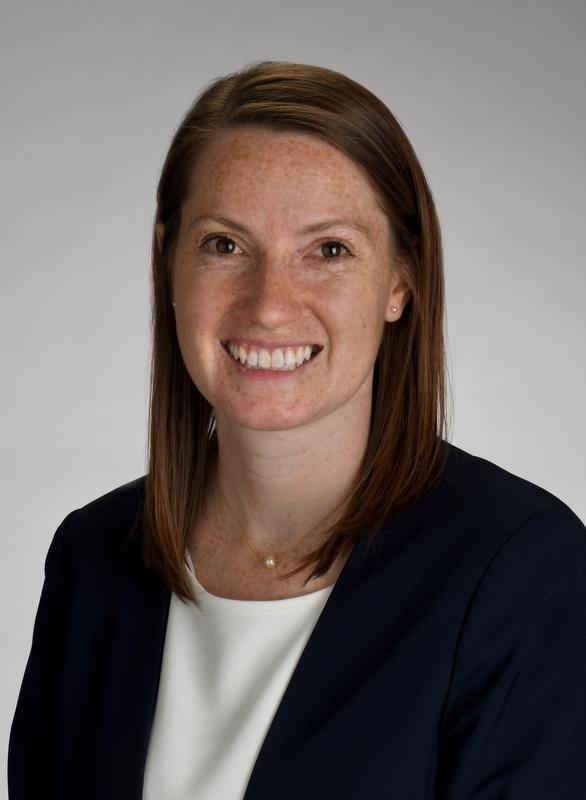 KL2 Scholar · News
KL2 Scholar · News
 Funded Projects · News
Funded Projects · News
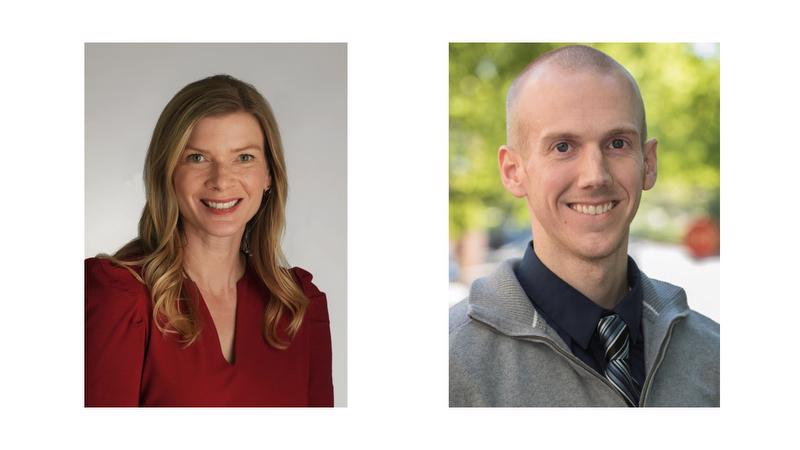 Funded Projects · News
Funded Projects · News
 TL1 Trainee · News
TL1 Trainee · News
 KL2 Scholar · News
KL2 Scholar · News
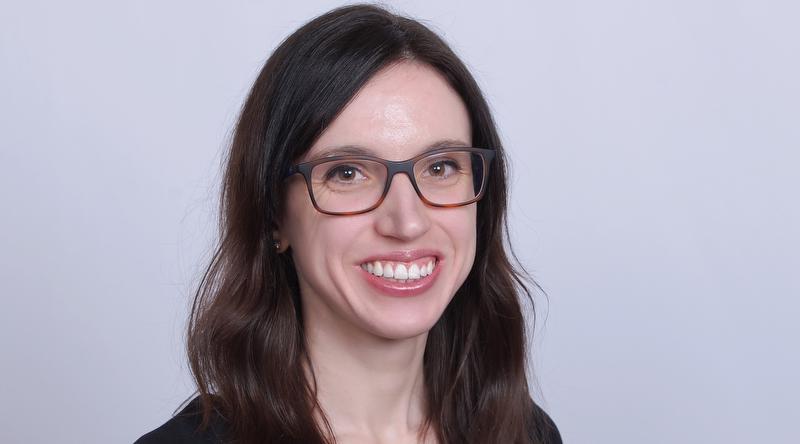 Funded Projects · News
Funded Projects · News
 News
News
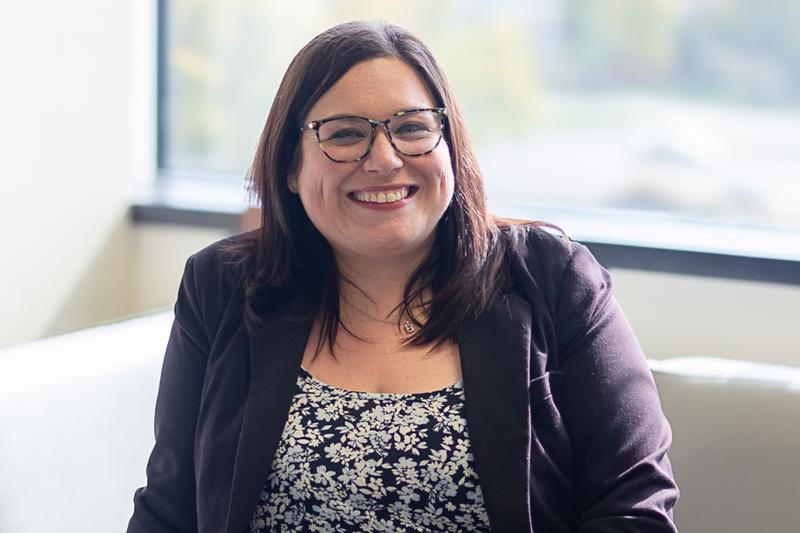 TL1 Trainee · News
TL1 Trainee · News
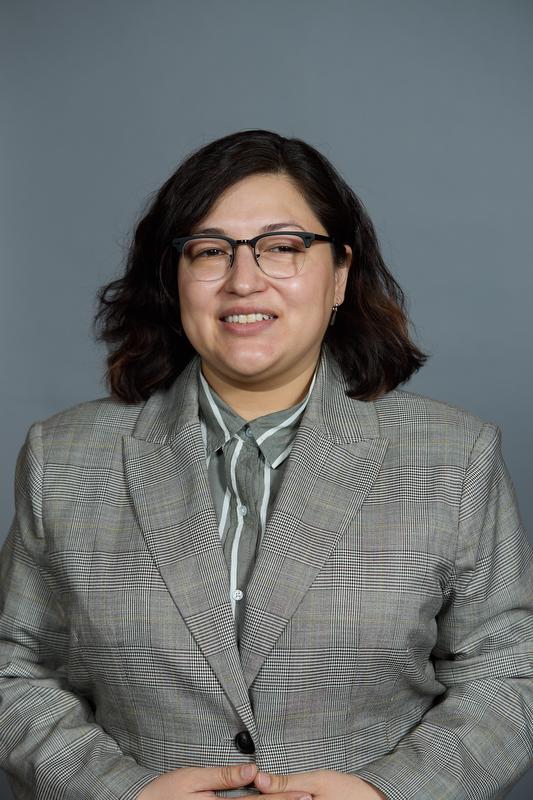 News
News
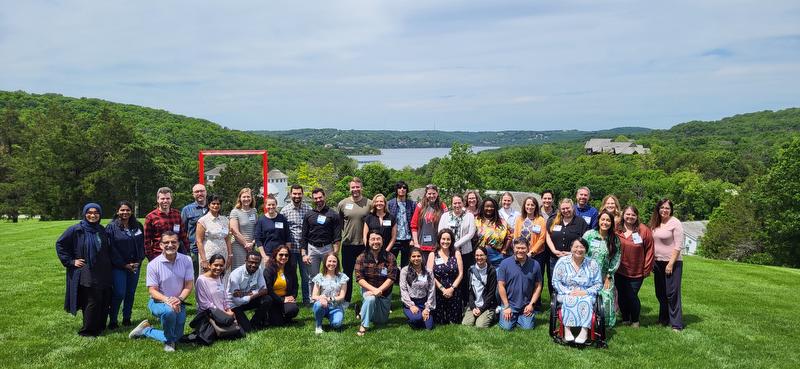 News
News
 Funded Projects · News
Funded Projects · News
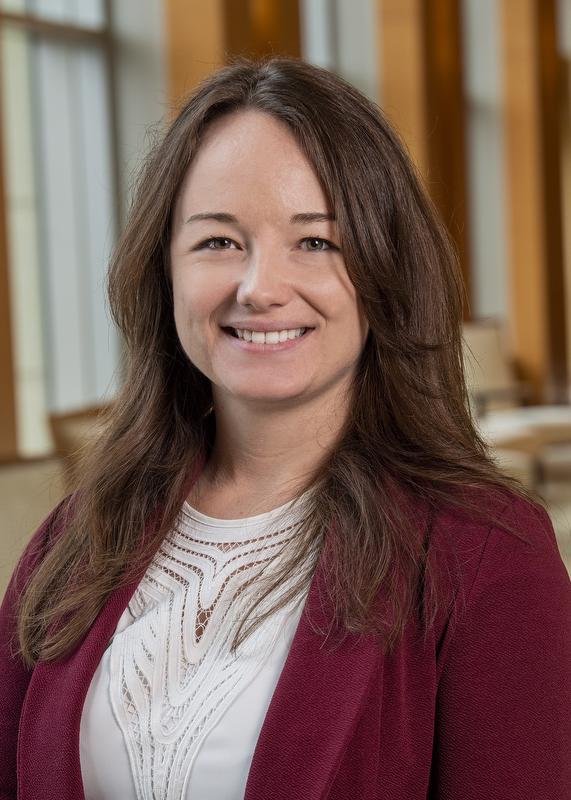 TL1 Trainee · News
TL1 Trainee · News
 Events
Events
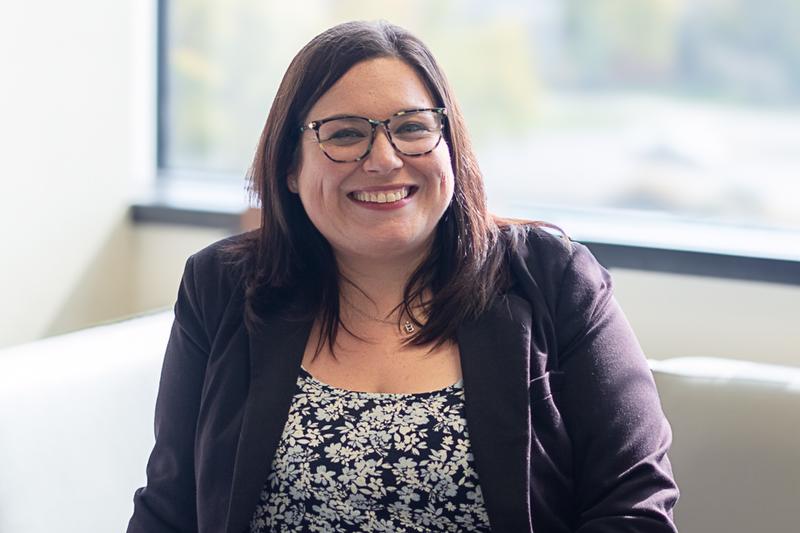 TL1 Trainee · News
TL1 Trainee · News
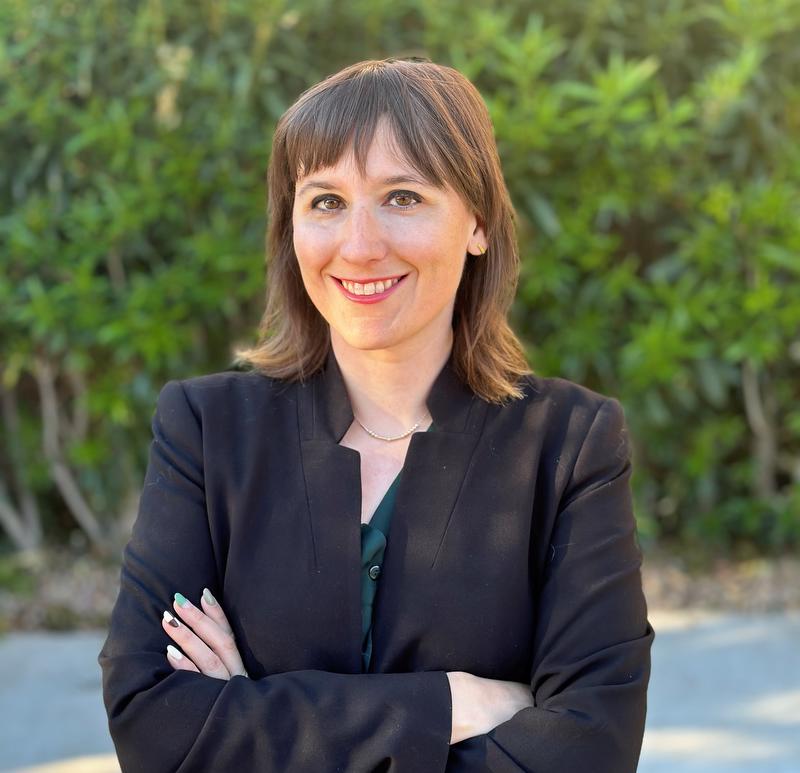 News
News
 TL1 Trainee · News
TL1 Trainee · News
 KL2 Scholar · News
KL2 Scholar · News
 News
News
 KL2 Scholar · News
KL2 Scholar · News
 Funded Projects · News
Funded Projects · News
 News
News
 TL1 Trainee · News
TL1 Trainee · News
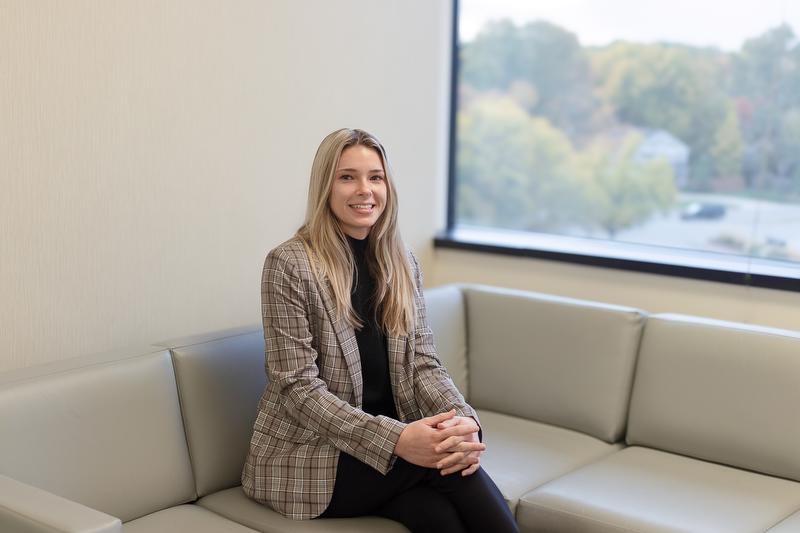
 TL1 Trainee · News
TL1 Trainee · News
 Services · News
Services · News
 News
News
 Funded Projects · News
Funded Projects · News
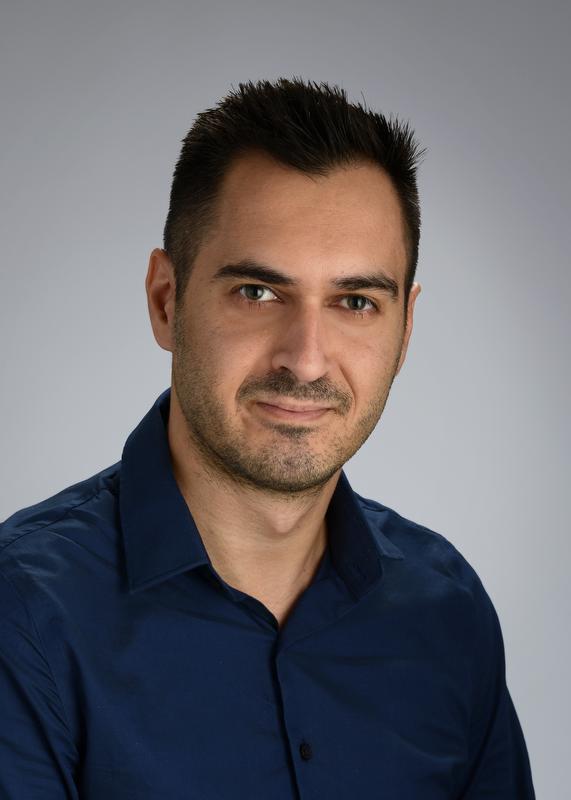 Funded Projects · News
Funded Projects · News
 Funded Projects · News
Funded Projects · News
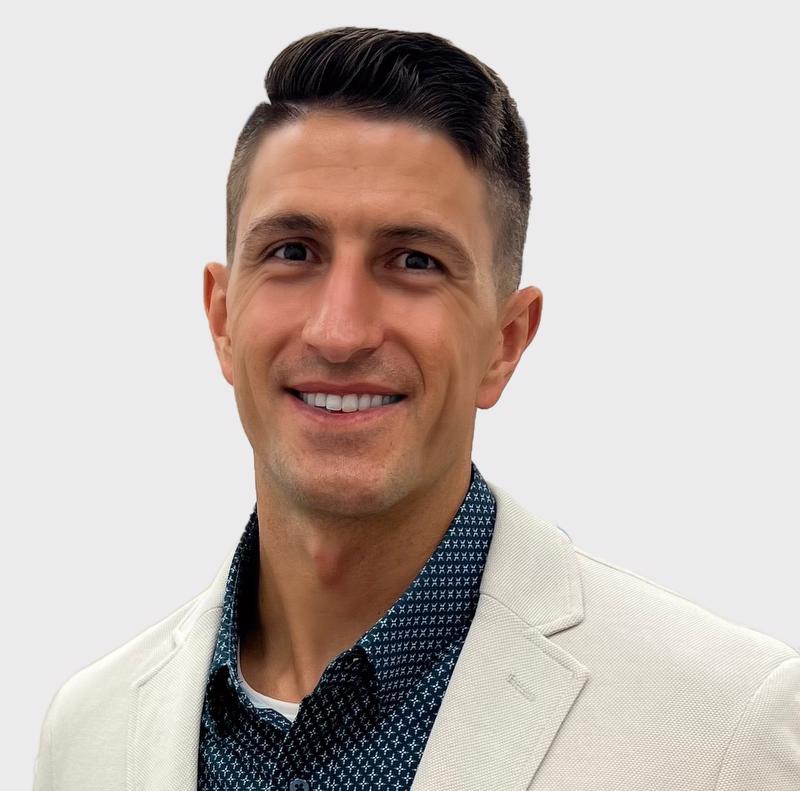 TL1 Trainee · News
TL1 Trainee · News
 KL2 Scholar · News
KL2 Scholar · News
 Funded Projects · News
Funded Projects · News
 News
News
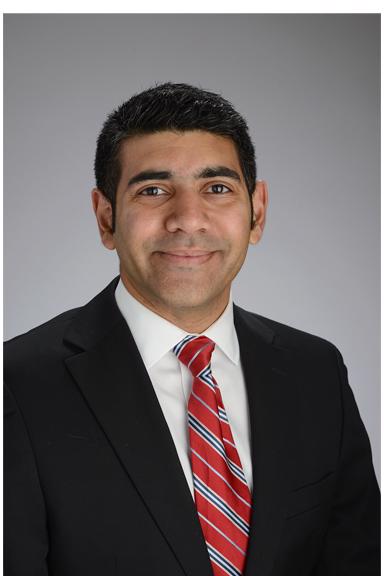 News
News
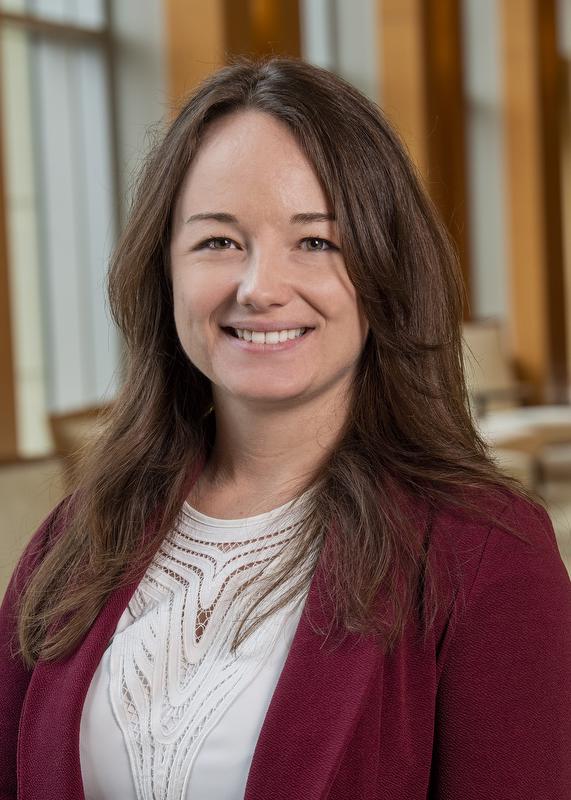 News
News
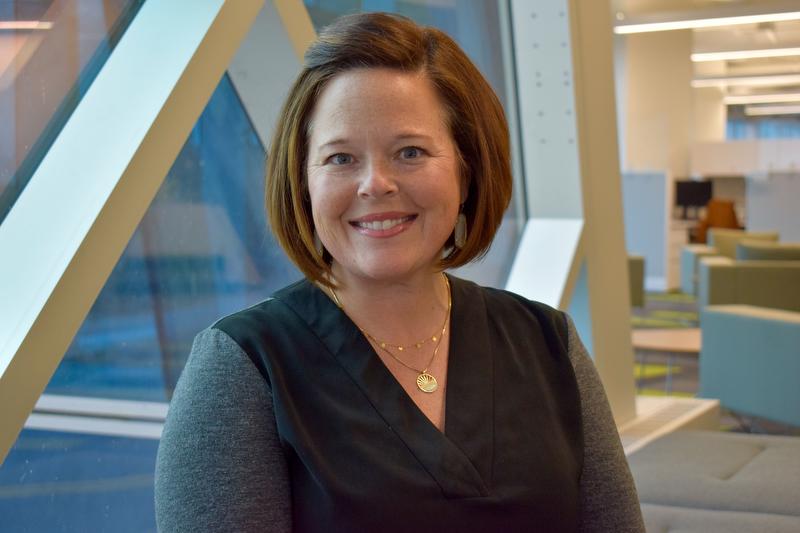 News
News
 News
News
 News
News
 News
News
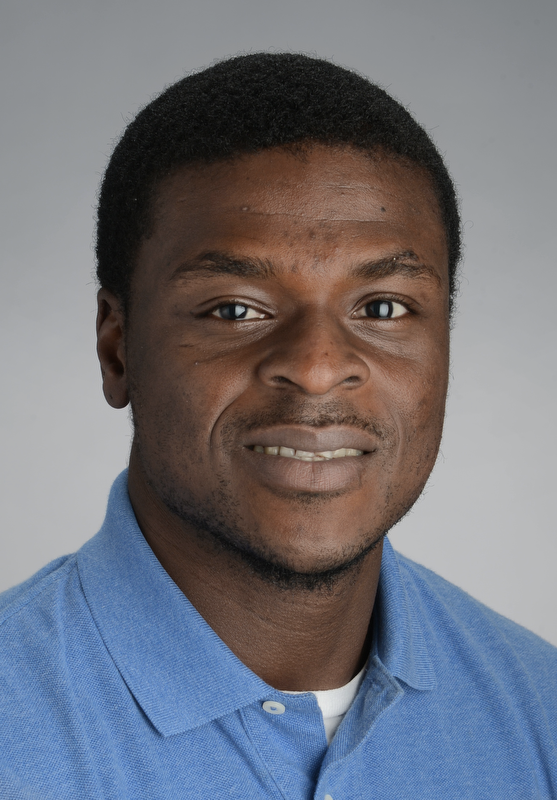 News
News
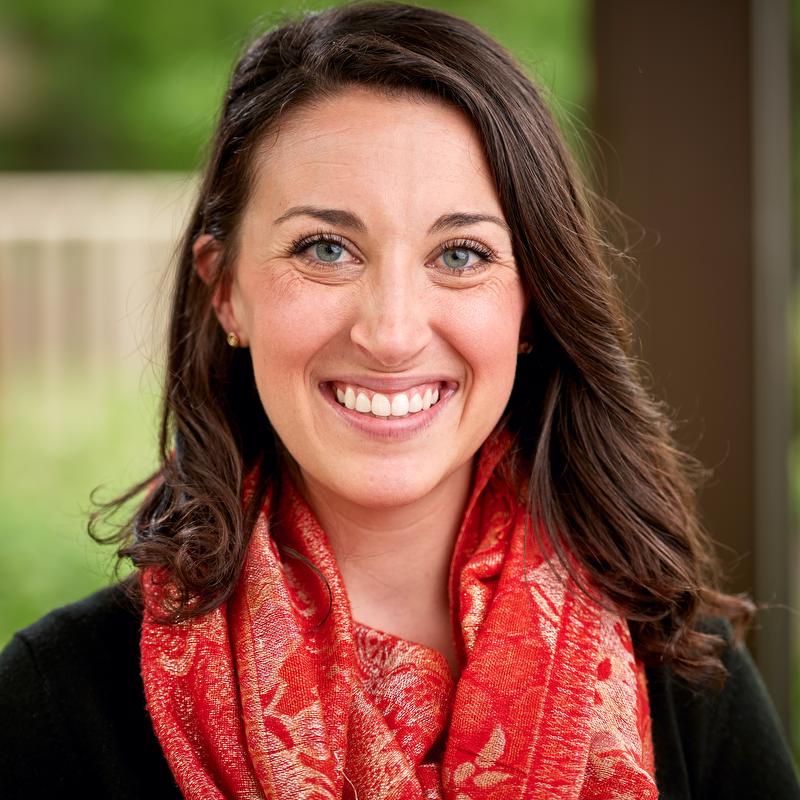 News
News
 News
News
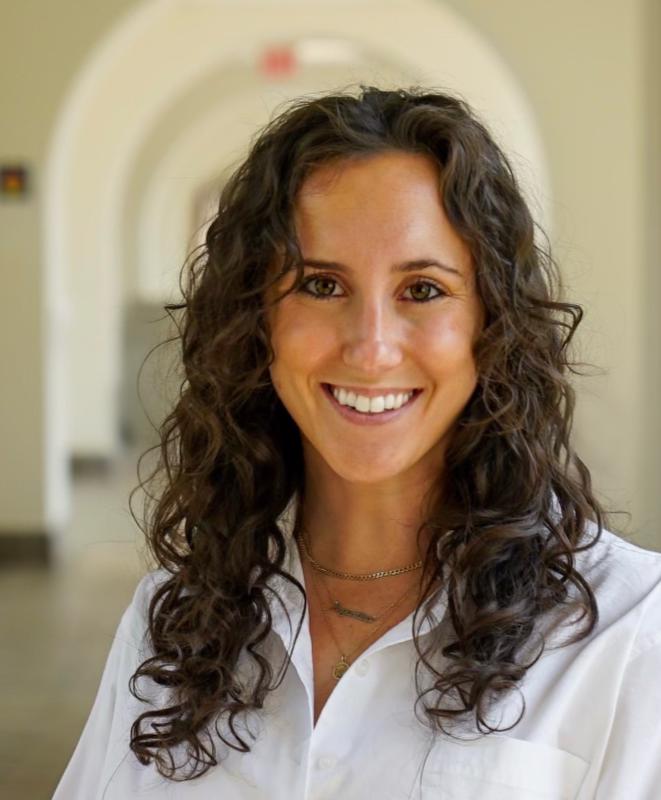 News
News
 News
News
 News
News
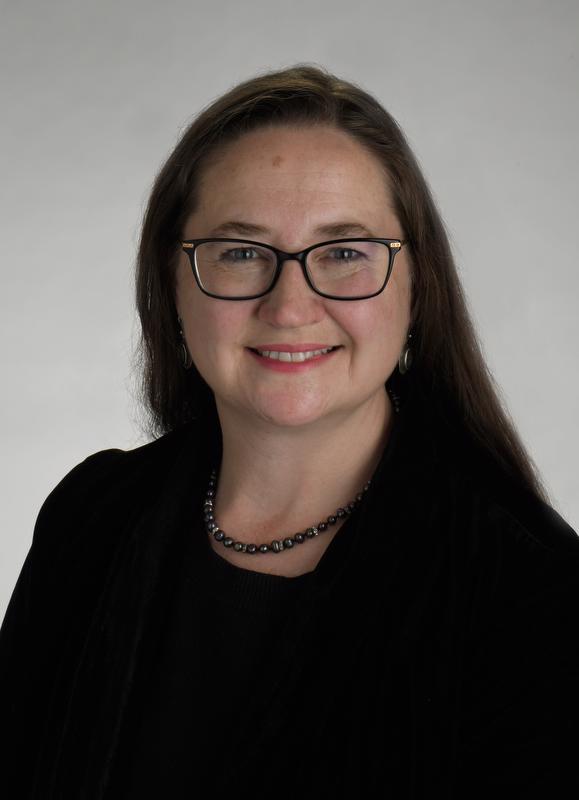 News
News
 Funded Projects · News
Funded Projects · News
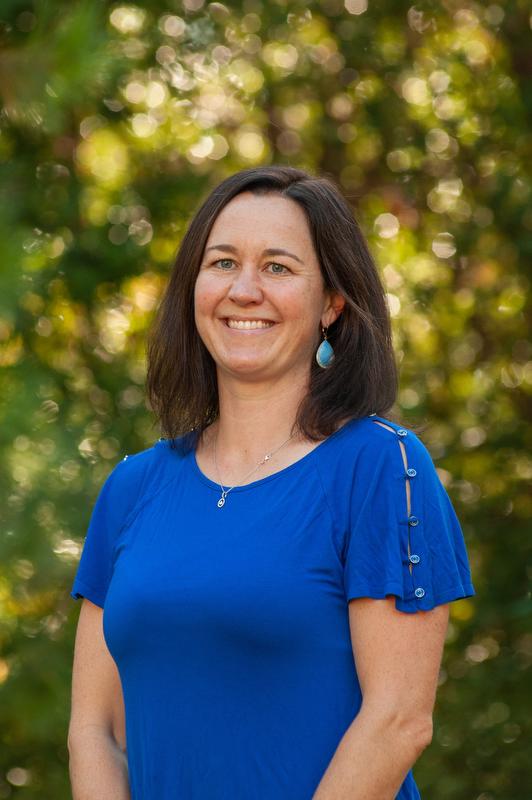 Funded Projects · News
Funded Projects · News
 KL2 Scholar · News
KL2 Scholar · News
 News
News
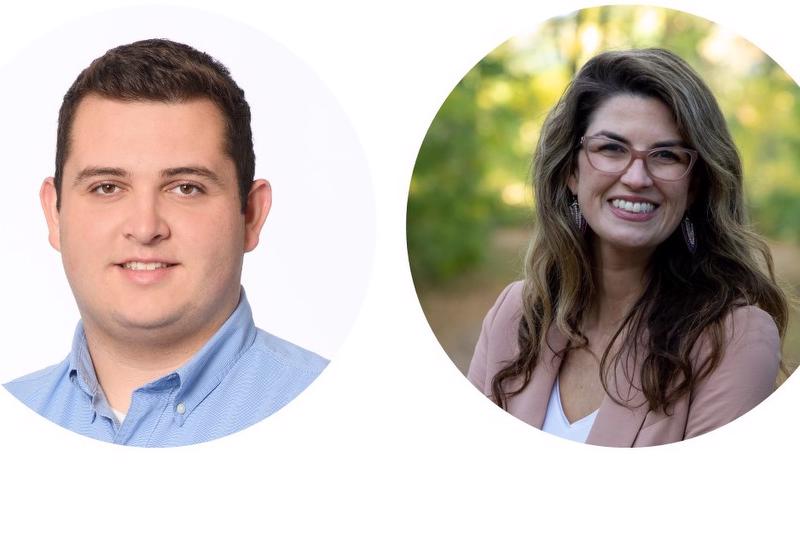 News
News
 KL2 Scholar · News
KL2 Scholar · News
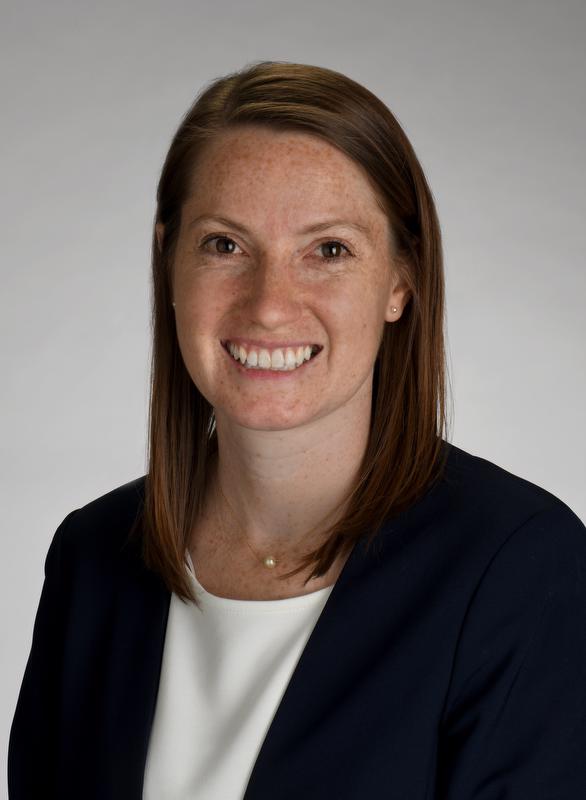 KL2 Scholar
KL2 Scholar
 News
News
 News
News
 KL2 Scholar · News
KL2 Scholar · News
 News
News
 News · In the Community · Funded Projects
News · In the Community · Funded Projects
 Funded Projects · News
Funded Projects · News
 Funded Projects · News
Funded Projects · News
 Funded Projects · News
Funded Projects · News
 Funded Projects · News
Funded Projects · News
 News
News
 Funded Projects · News
Funded Projects · News

 TL1 Trainee · News
TL1 Trainee · News
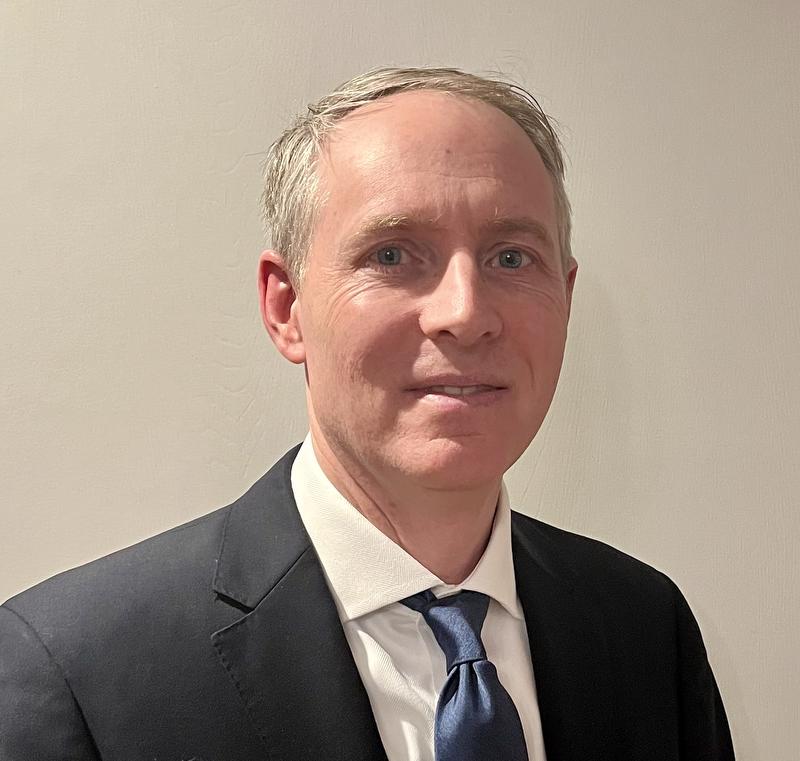 Funded Projects · News
Funded Projects · News
 Events · News
Events · News
 Funded Projects · News
Funded Projects · News

 Funded Projects · News
Funded Projects · News
 TL1 Trainee · News
TL1 Trainee · News
 News · In the Community · Funded Projects
News · In the Community · Funded Projects
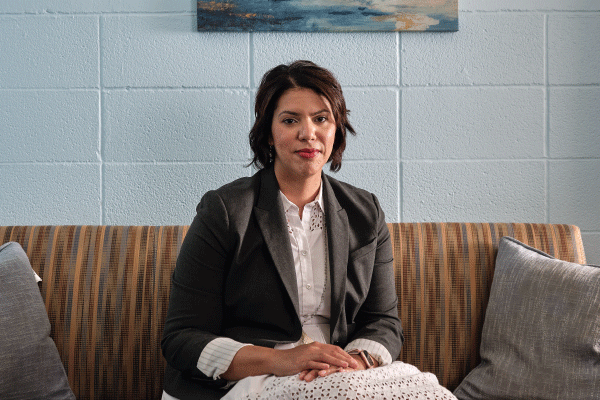 Funded Projects · News
Funded Projects · News
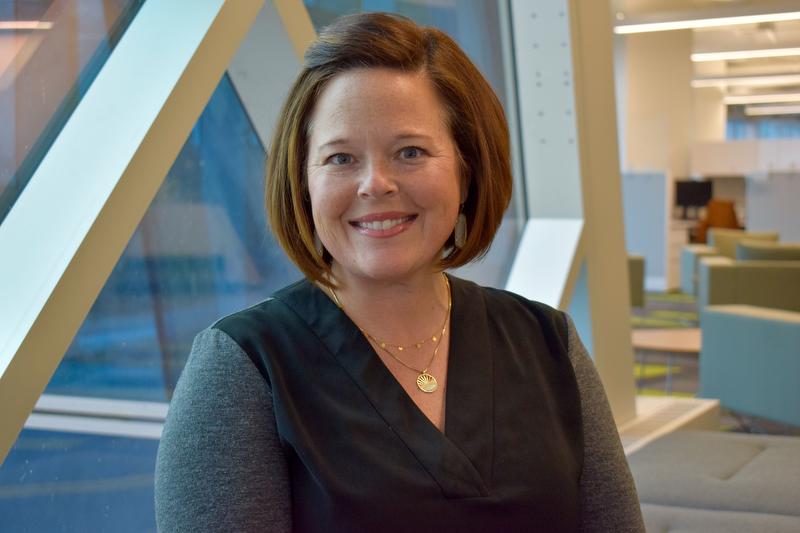 KL2 Scholar · News
KL2 Scholar · News
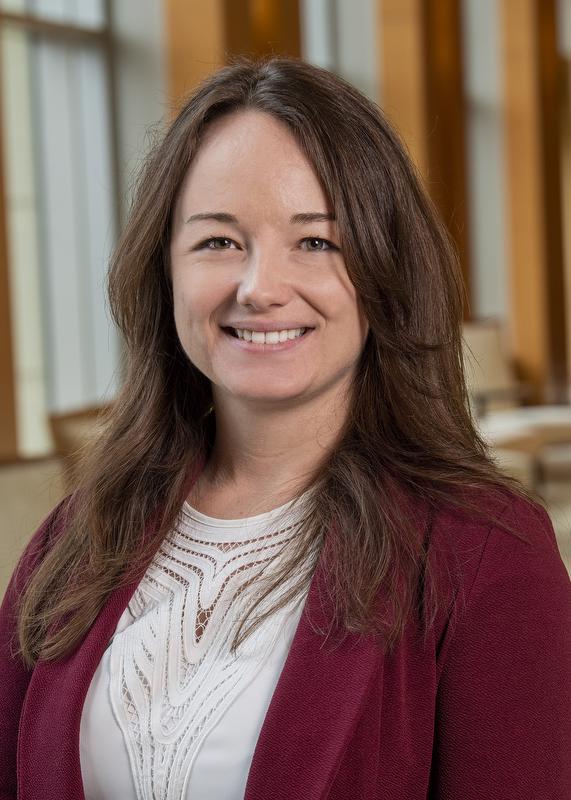 TL1 Trainee · News
TL1 Trainee · News
 News
News
 News
News
 KL2 Scholar · News
KL2 Scholar · News
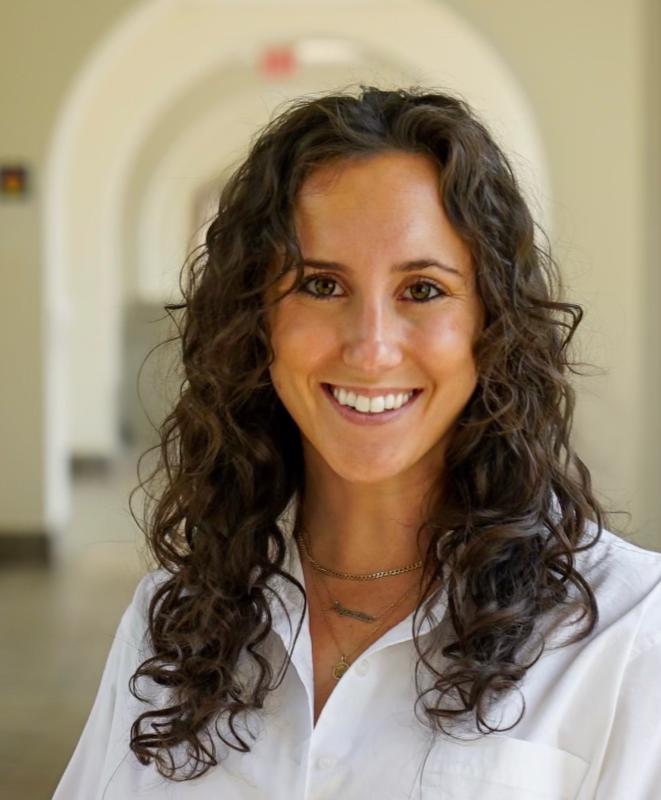 TL1 Trainee · News
TL1 Trainee · News
 News
News
 News
News
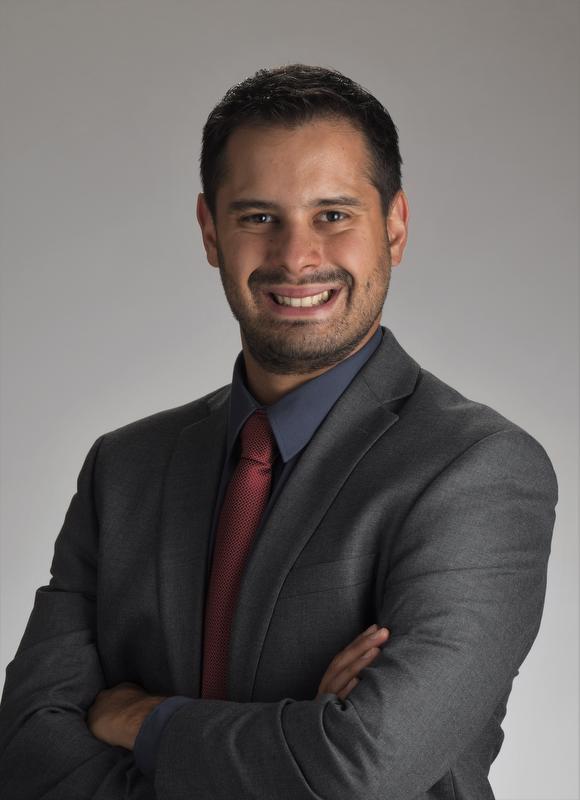 Funded Projects · News
Funded Projects · News
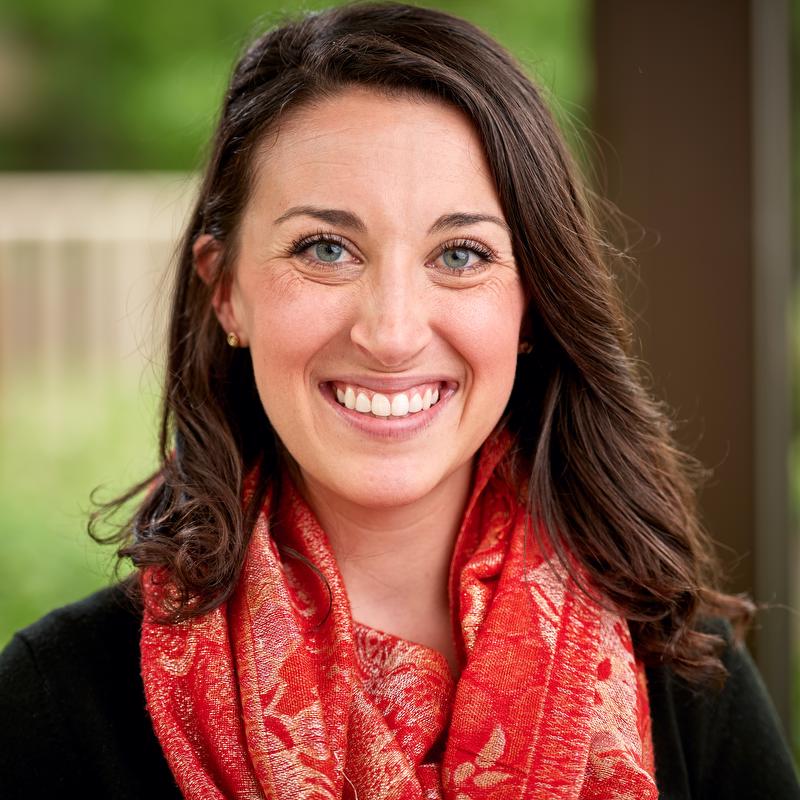 Events · News
Events · News

 KL2 Scholar · News
KL2 Scholar · News
 News
News

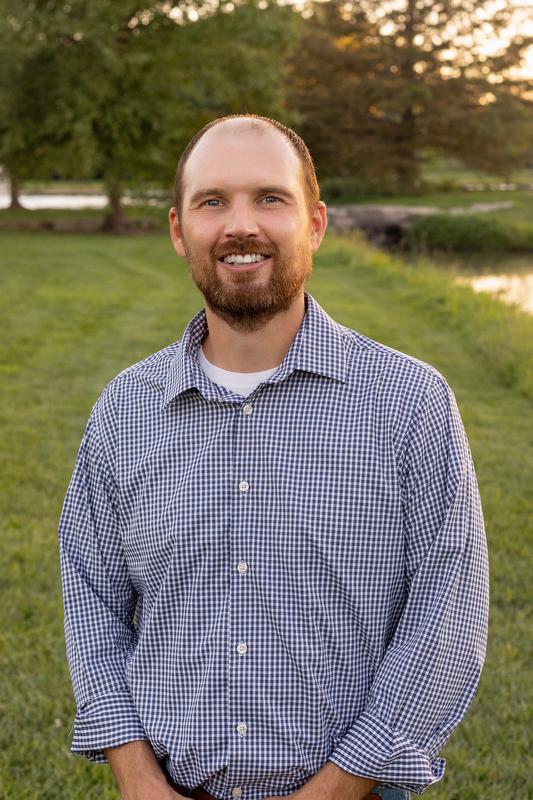 Funded Projects · News
Funded Projects · News
 News
News
 Partner News · News
Partner News · News
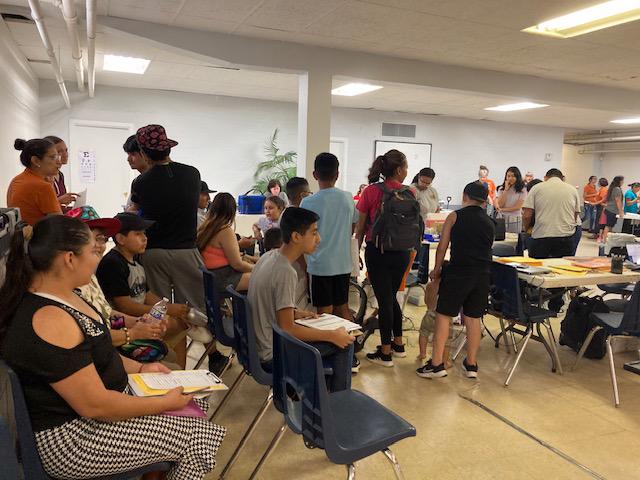 News · In the Community
News · In the Community
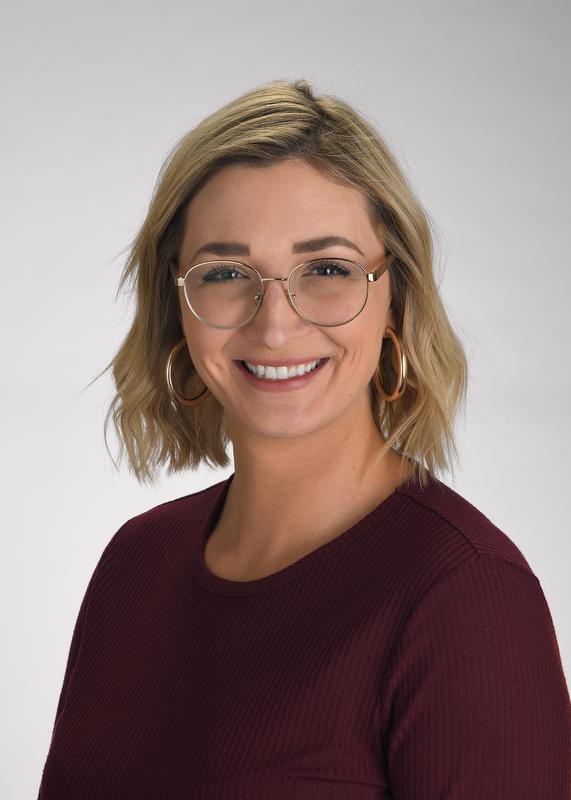
 0
0

 Funded Projects · News
Funded Projects · News
 Funded Projects · News
Funded Projects · News
 News
News
 Funded Projects · News
Funded Projects · News
 Funded Projects · News
Funded Projects · News
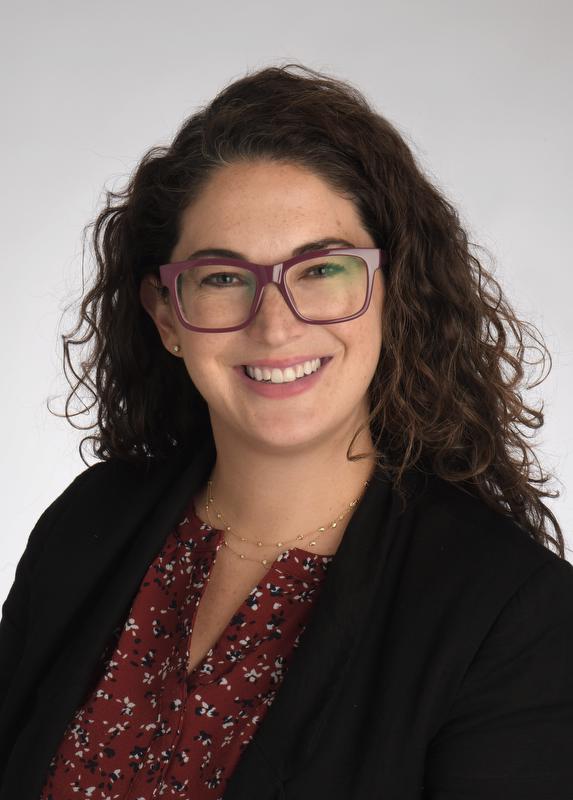 News
News
 Events · News
Events · News
 TL1 Trainee · News
TL1 Trainee · News
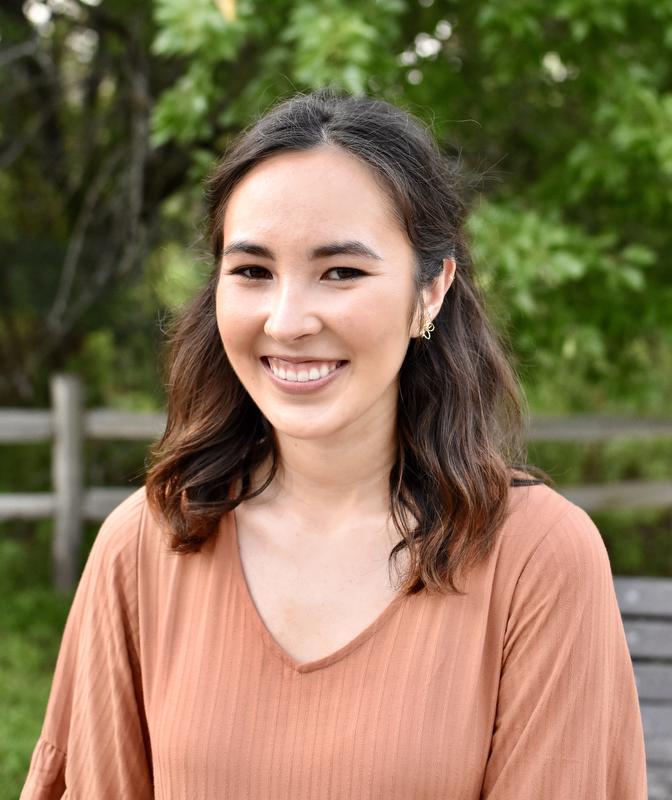 TL1 Trainee · News
TL1 Trainee · News
 News
News
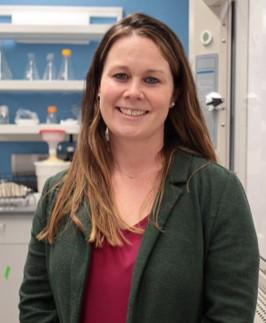 Funded Projects · News
Funded Projects · News
 News
News
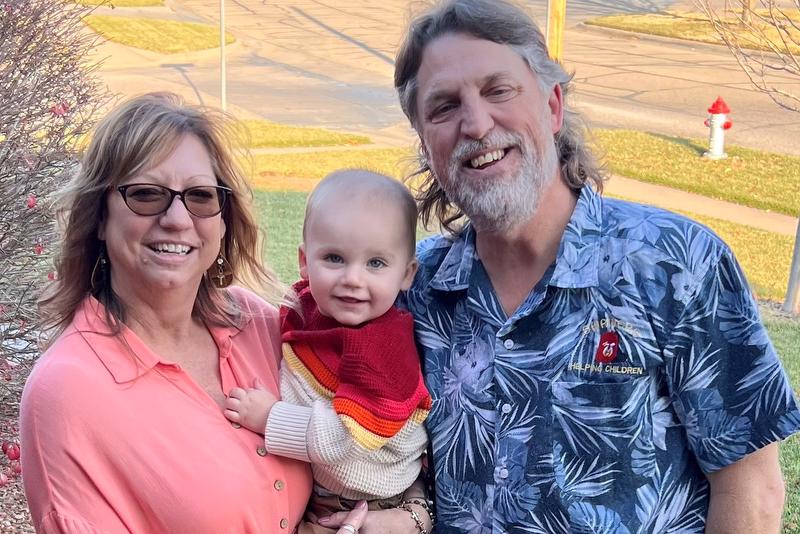 Partner News · News
Partner News · News
 TL1 Trainee · News
TL1 Trainee · News
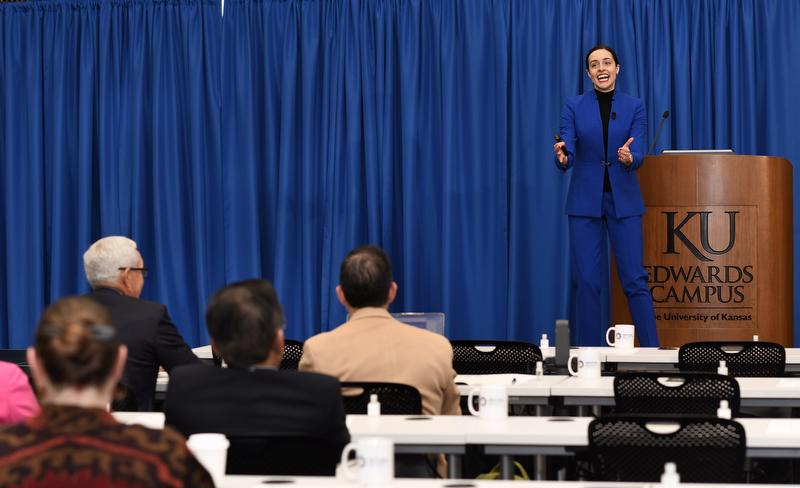 Events · News
Events · News
 KL2 Scholar · News
KL2 Scholar · News
 News
News
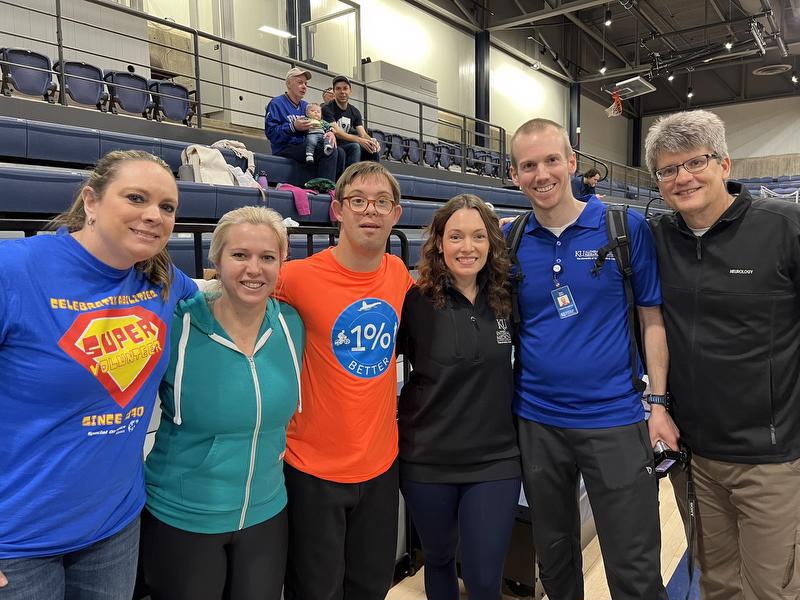 TL1 Trainee · News
TL1 Trainee · News
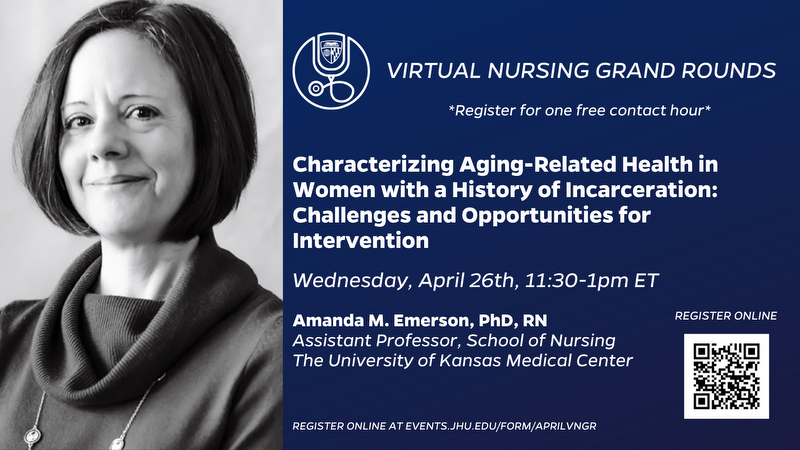 News · KL2 Scholar
News · KL2 Scholar

 TL1 Trainee · News
TL1 Trainee · News
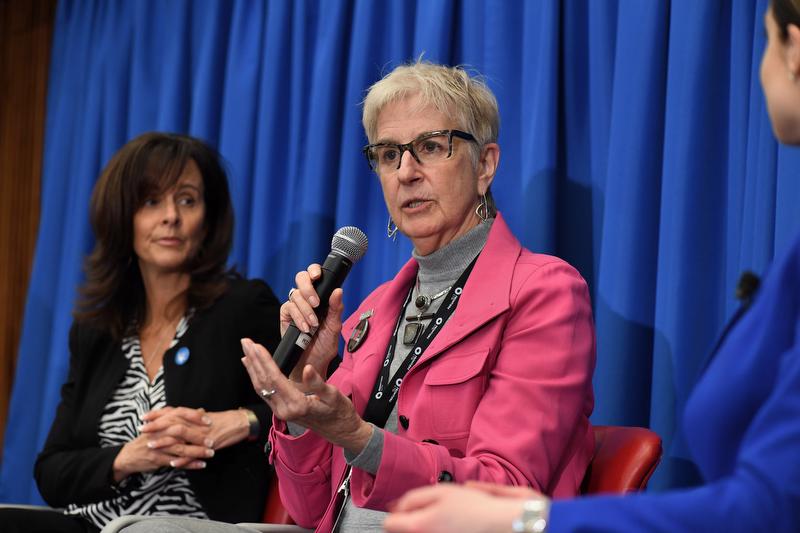 Events · News
Events · News
 News
News
 News
News
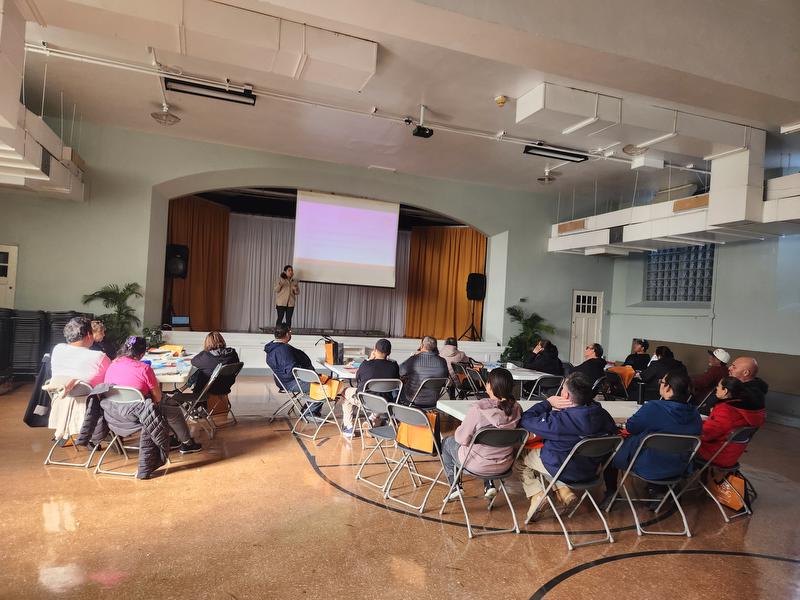

 News
News
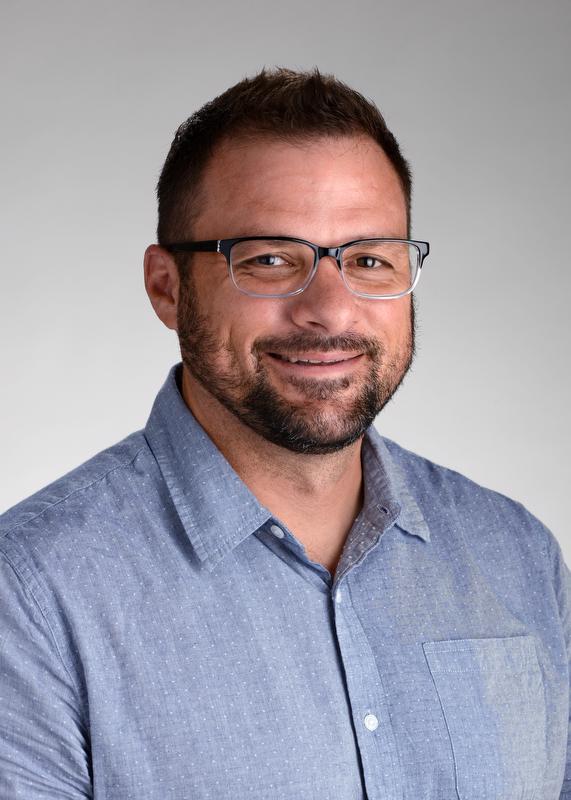
 40
40

 News
News
 News
News
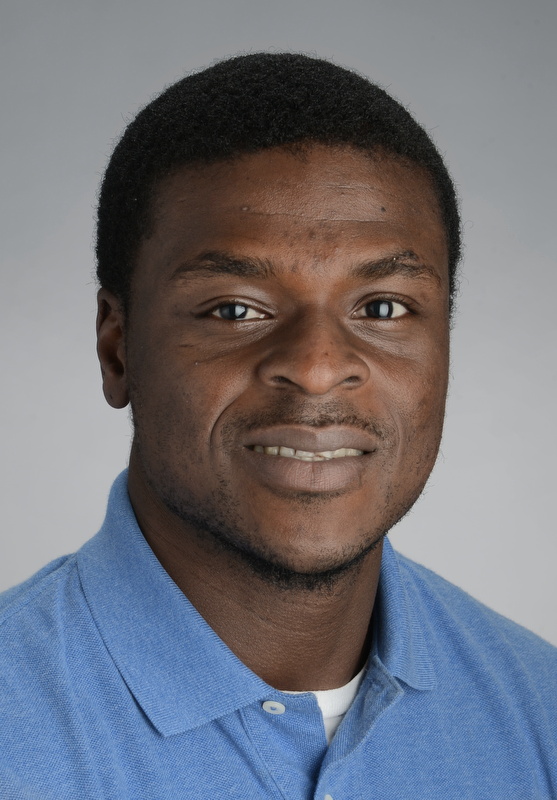 TL1 Trainee · News
TL1 Trainee · News
 News
News
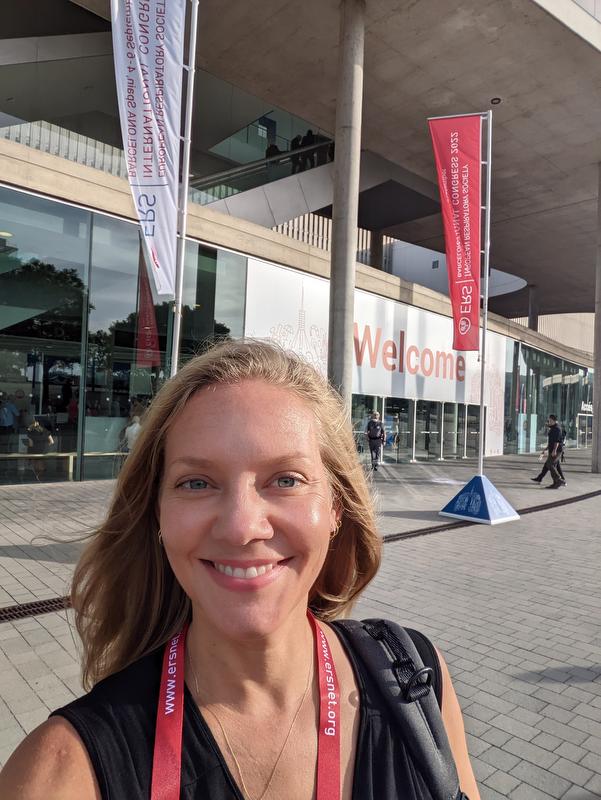 Funded Projects · News
Funded Projects · News
 News · In the Community
News · In the Community
 Funded Projects · News
Funded Projects · News
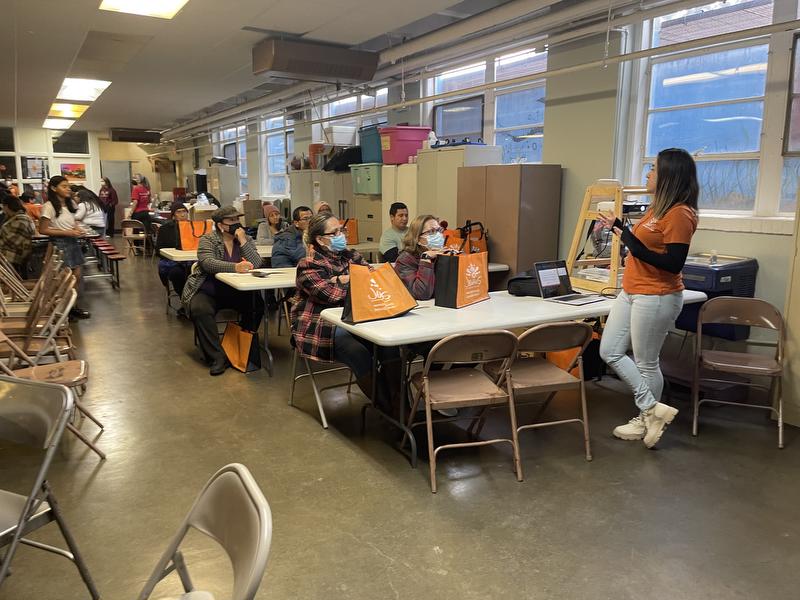 In the Community
In the Community
 News · In the Community · Partner News
News · In the Community · Partner News
 KL2 Scholar · News
KL2 Scholar · News
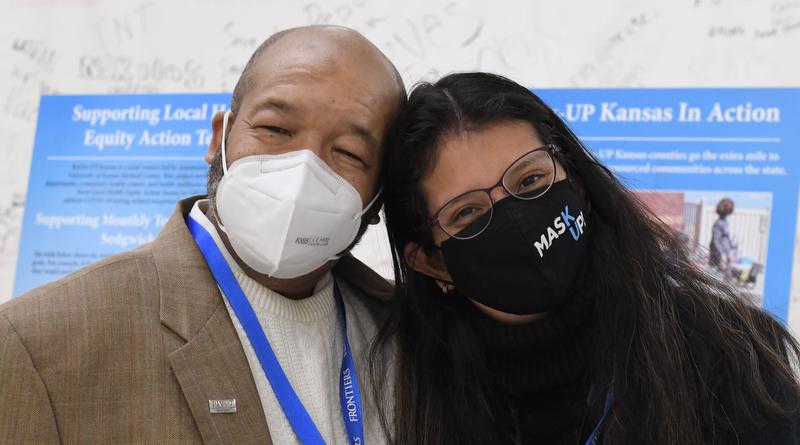 News · In the Community
News · In the Community
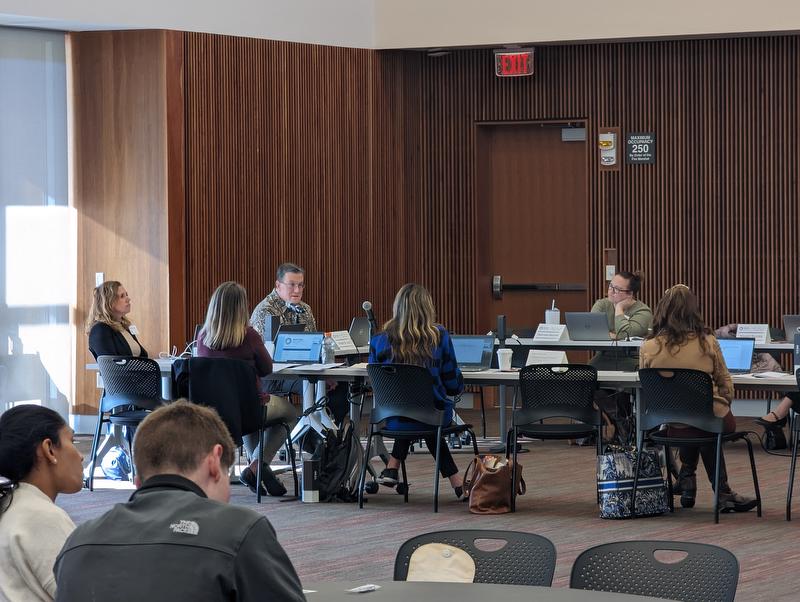 Events · News · Services
Events · News · Services
 Funded Projects · News
Funded Projects · News
 KL2 Scholar · Funded Projects · News
KL2 Scholar · Funded Projects · News
 TL1 Trainee · Funded Projects · News
TL1 Trainee · Funded Projects · News
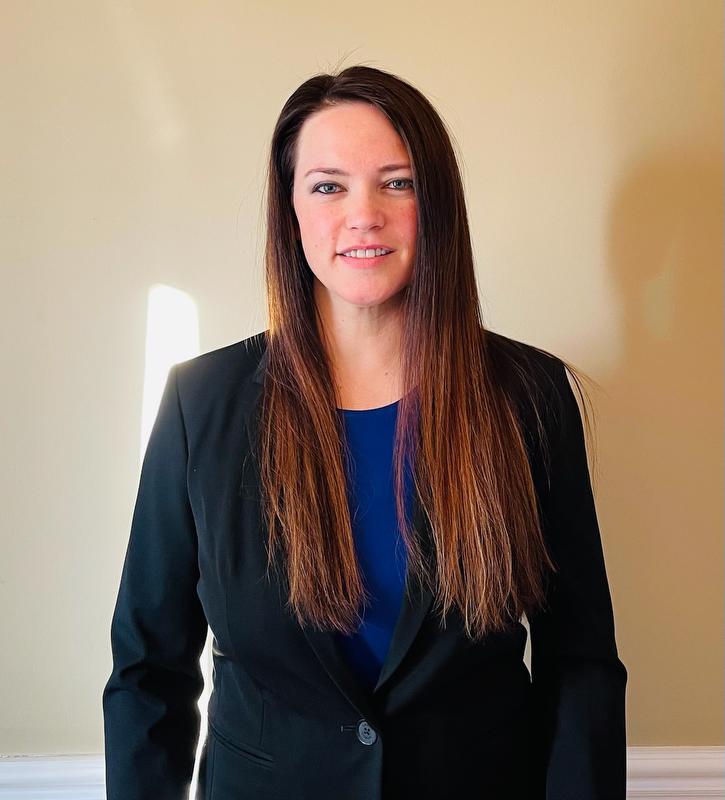 News
News
 News
News
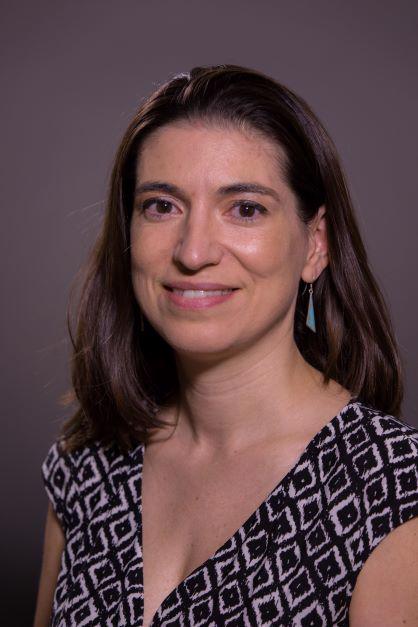 KL2 Scholar · Funded Projects
KL2 Scholar · Funded Projects
 KL2 Scholar · Funded Projects
KL2 Scholar · Funded Projects
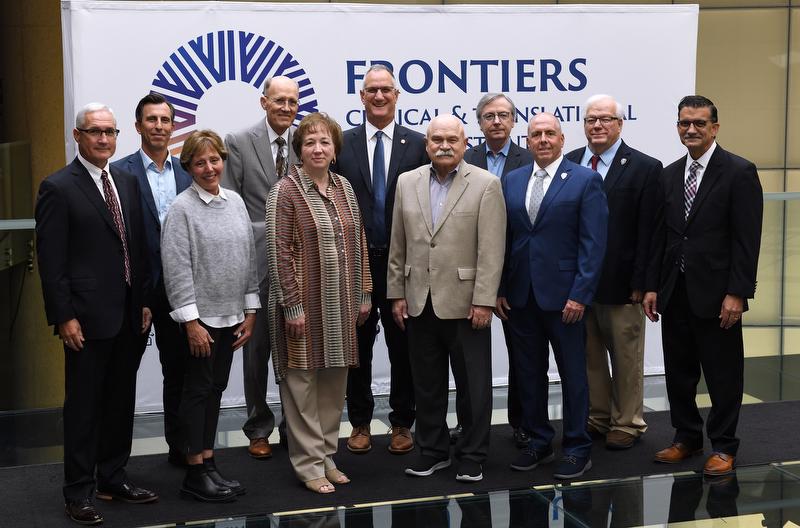 Events · News
Events · News
 News
News
 KL2 Scholar · Funded Projects
KL2 Scholar · Funded Projects
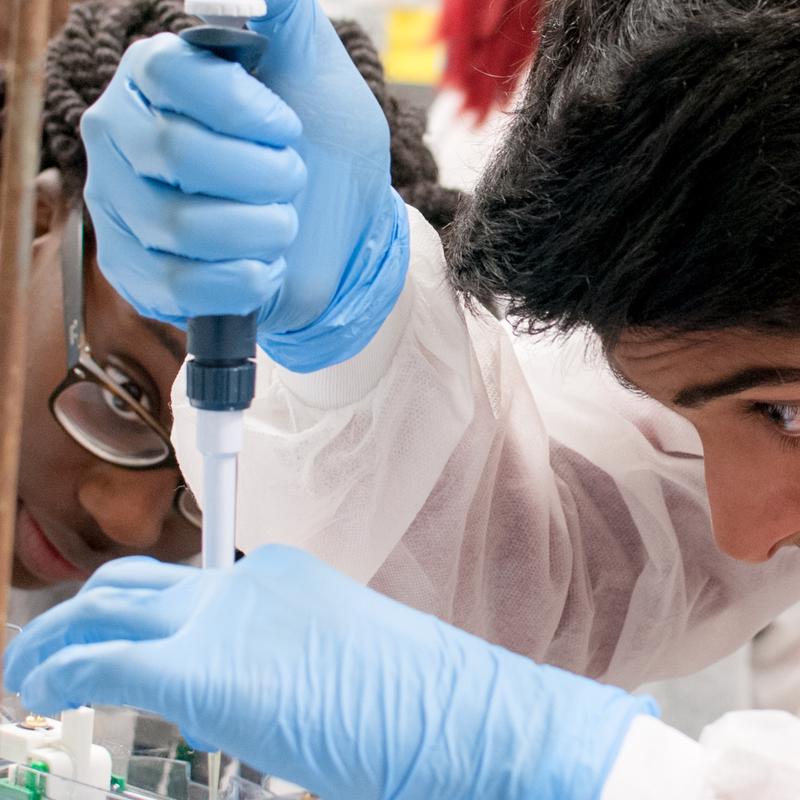 News
News
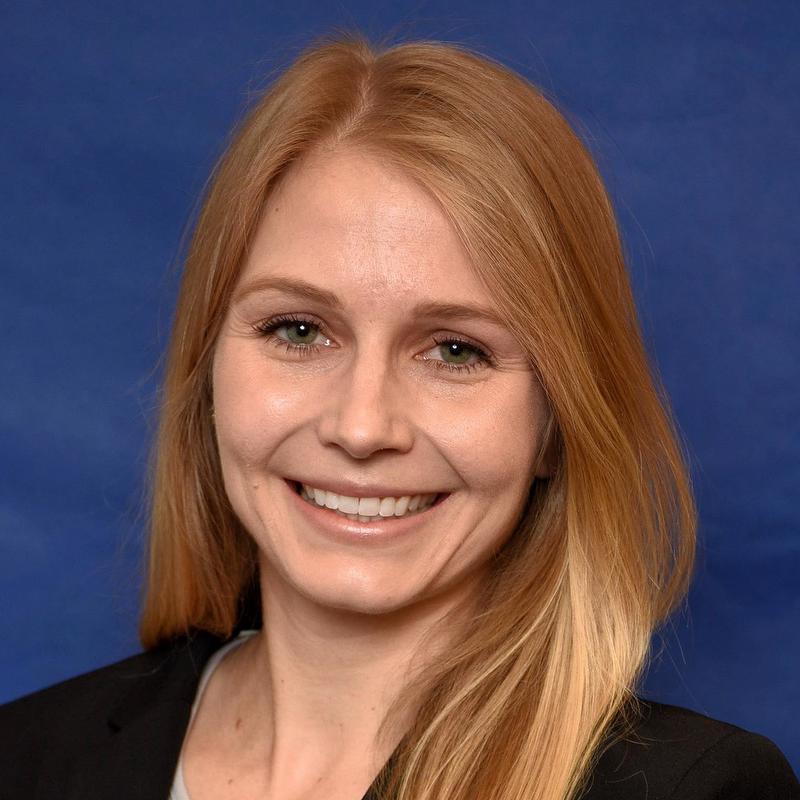 Funded Projects
Funded Projects

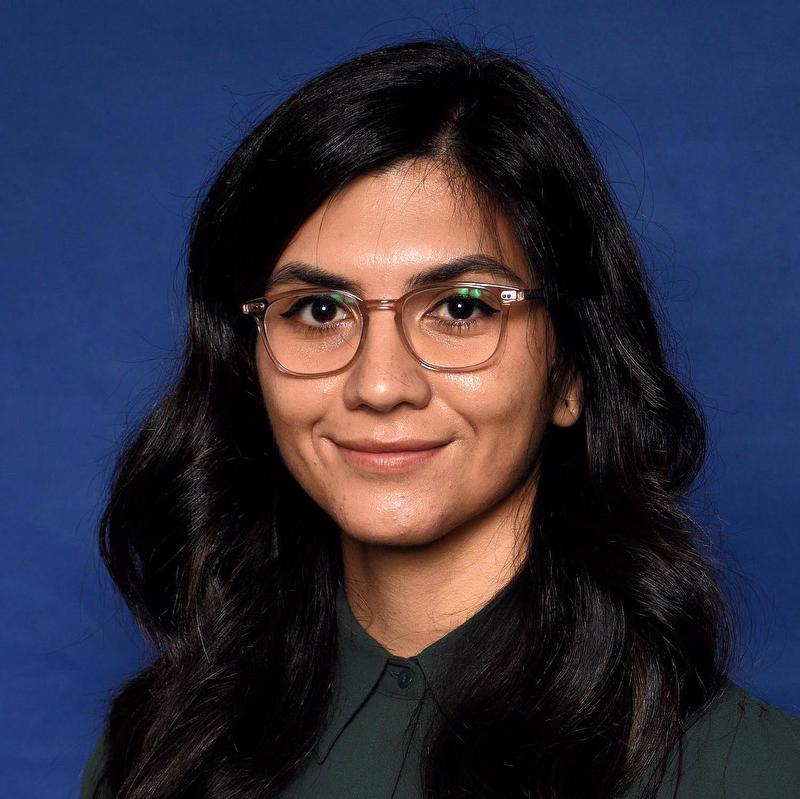 TL1 Trainee
TL1 Trainee
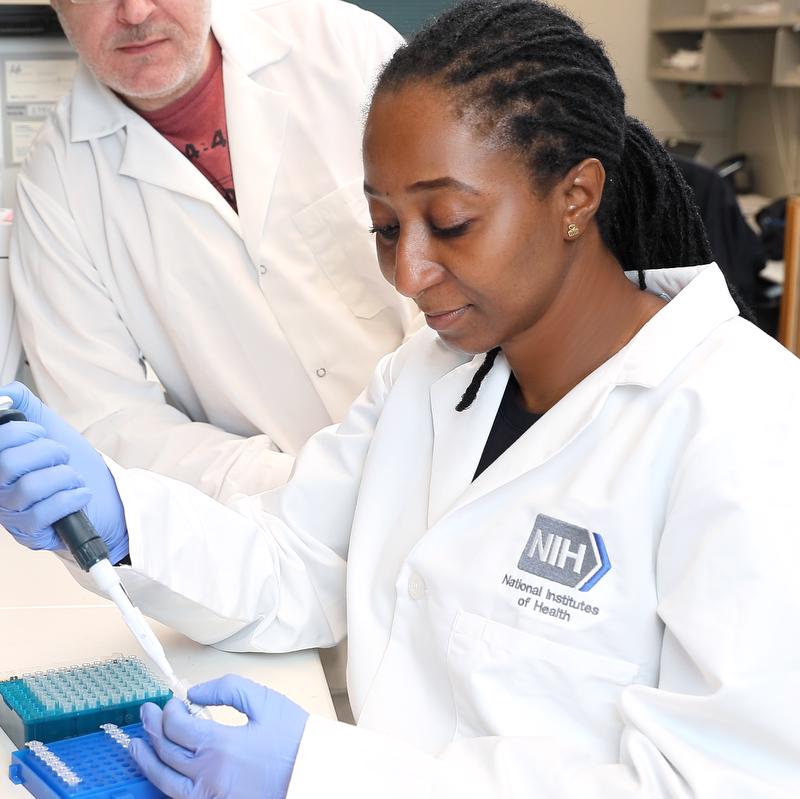 News
News
 Funded Projects
Funded Projects



